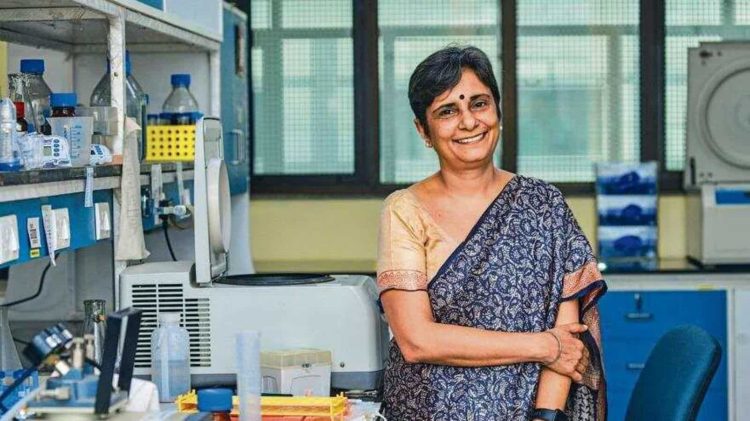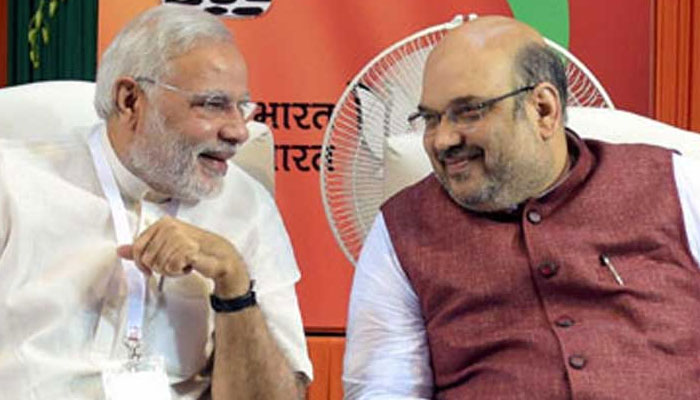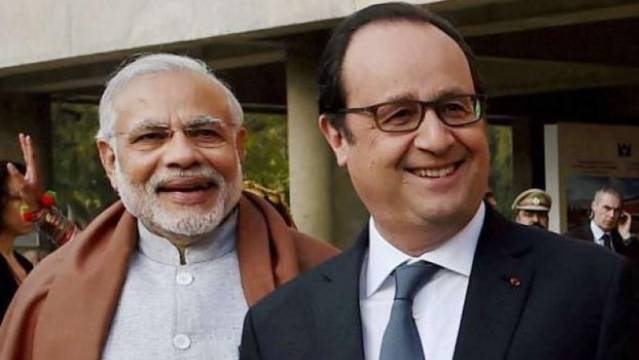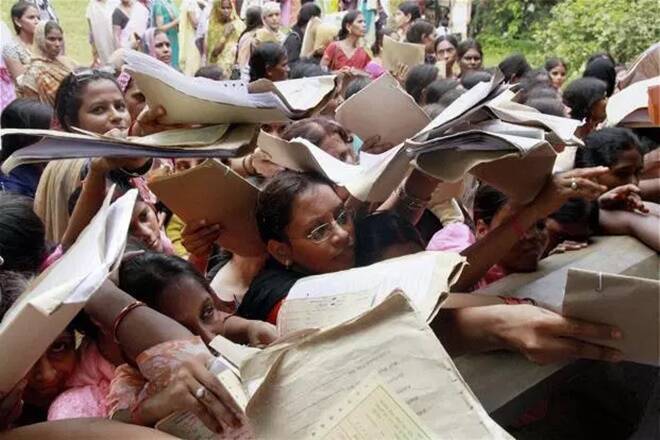While stating that criticism of Kerala’s handling of Covid-19 is “unfair”, India’s prominent virologist Gagandeep Kang said no one can predict when a third wave will strike.
If the situation does not change much, the third wave of Covid-19 infections will be a “hill, if the second wave was a steep mountain”, Professor Gagandeep Kang told .
India’s top micro-biologist and virologist, Kang, made the statement in response to a question about the third wave.
She also said that one cannot predict the third wave of Covid-19 infections. No one can predict if the virus will mutate further and become more dangerous, she added.
The ‘Kerala Model’ is facing flak with social media users alleging that the resurgence of Covid-19 in the state was a result of the state government letting its guard down.
While agreeing that low vaccination rates and low seroprevalence should have been reason enough for states, including Kerala, not to open up,
Professor Gagandeep Kang said that Kerala had started to witness a surge in cases of infection even before Bakr Eid.
Just last month, the Supreme Court had pulled up the Kerala government for allowing a three-day relaxation of Covid-19 restrictions ahead of the festival of Bakr Eid.
The Apex court had directed Kerala to “give heed to Article 21 read with Article 144 of the Constitution” and follow orders issued in the Kanwar Yatra case.
Asked about the state’s handling of the Covid-19 pandemic, Professor Gagandeep Kang said Kerala, like every other state, is fatigued because of the restrictions in place to contain the spread of Covid-19.
There is also pressure from the people to open up “but this is not the time”, Kang said.
She went on to add that Keralites cannot afford to celebrate Onam like they used to. The people of Kerala need to remain alert against the virus, said Kang.
However, Professor Kang did acknowledge the fact that Kerala had flattened the curve but lost out due to the vaccination crunch. “The vaccine supply is constrained,” she said.
“There is low seroprevalence (lesser antibodies in the population – about 44.5 per cent as per ICMR’s fourth sero survey) because the state had protected its population well,” Gagandeep Kang added .
Asked if Kerala was paying a price for the good work it had done in terms of accurate reporting of cases and deaths as well as the rate of vaccinations, Professor Kang answered: “Yes, it is”.









